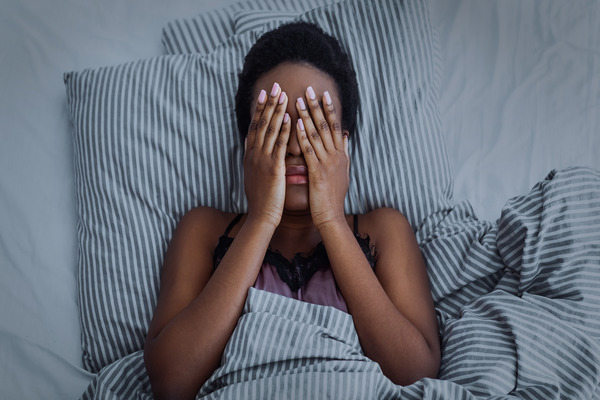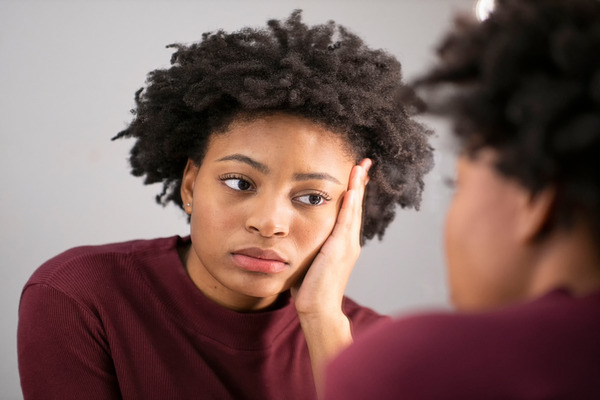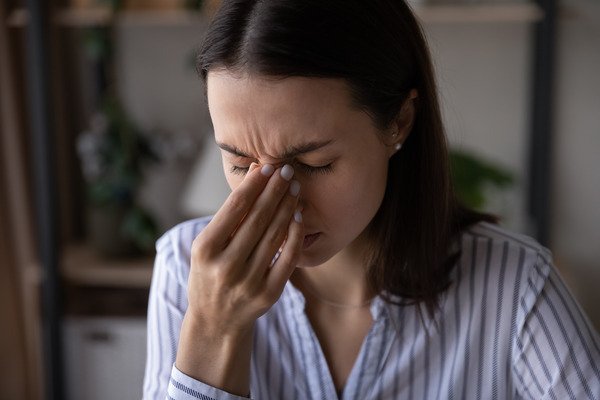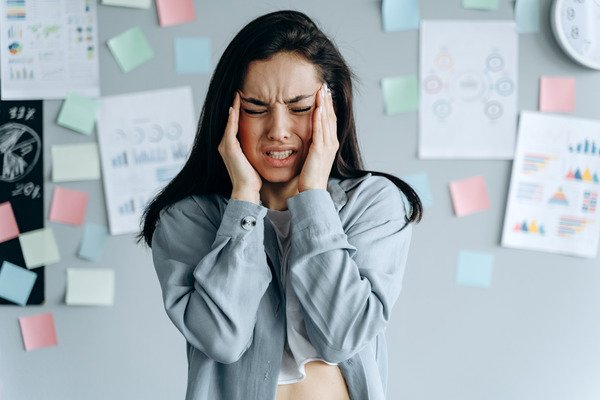What is chronic anxiety? How can we detect it? Discover all the keys to understand when you may be facing a chronic anxiety problem and what to do about it.
Most people may end up experiencing anxiety due to worries that revolve around work, school, family, friends, partner, or health. However, when these thoughts about what will happen are very recurring, this may imply that you are experiencing chronic anxiety But how can we detect it and what to do about it?
What is chronic anxiety?
The chronic anxiety It means suffering from the symptoms of this disorder for a long time. In the vast majority of cases, most anxiety disorders tend to be long-term chronic conditions, although they range from more to less severe symptoms. When anxiety becomes chronic and persistent, this can end up very significantly affecting our lives, since it is a discomfort that conditions our work, relationships and our well-being.
Symptoms of chronic anxiety
Living with chronic anxiety may involve the following symptoms:
- Anxious thoughts: It means worrying excessively and even unjustifiably. In many cases, these thoughts end up being too obsessive and repetitive.
- Nervousness: People with chronic anxiety may feel restless. This can translate into experiencing a lot of difficulty relaxing or being calmer.
- Muscle tension or pain: Anxiety causes our body to be constantly in tension. This can cause muscle pain.
- Headaches: Being constantly in tension, with worries and negative thoughts, this can evolve into a headache.
- Stomach problems: Both stress and anxiety can influence our digestive system. This may mean experiencing digestion difficulties or stomach pains.
- Sleep problems : Constant worries such as physical tension can end up affecting our quality of sleep and even create problems such as insomnia.
- Tiredness and fatigue: Symptoms related to chronic anxiety can cause people to feel constantly tired and fatigued.
The chronic anxiety It is related to different anxiety disorders. Therefore, the symptoms will vary depending on it.
What are the causes of chronic anxiety?
The chronic anxiety It can be caused by the following causes:
- Genetics : According to research, genetics plays a very relevant role in the development of anxiety. In fact, a person is more likely to suffer from chronic anxiety if a relative has suffered from it.
- Traumatic experiences: People who have experienced a traumatic or stressful event in childhood are more likely to suffer from chronic anxiety.
- Social problems : Social difficulties, that is, with relationships, can also be one of the causes of chronic anxiety.
- Personality traits: People who tended to be shy as children, or who felt nervous about new situations, may be more likely to experience chronic anxiety in adulthood.
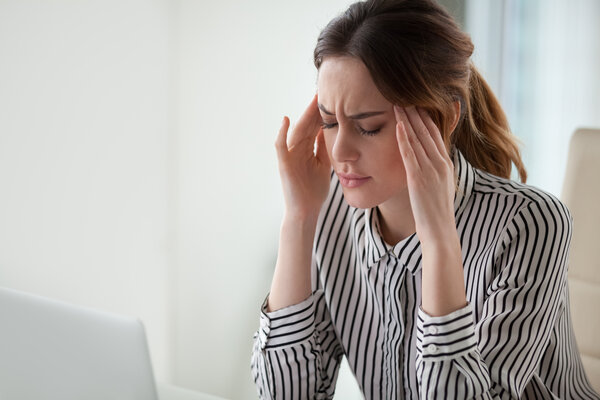
How to deal with chronic anxiety?
If you feel that you are living with chronic anxiety , it is important that you go to a professional psychologist. In addition to having the help of a therapist, we recommend that you keep the following in mind:
- Work towards stability: Many people may suffer from chronic anxiety because they feel like they are in an unstable situation. So, if you are suffering from anxiety, it may be highly advisable to try to work towards having a stable living situation.
- Recognize anxious thoughts: Recognizing irrational and conflicting thoughts can help you reduce anxiety. Therefore, it can be very useful for you to try to recognize those ideas that are affecting or limiting you.
- Develop different coping methods: Try learning some coping strategies for times when you feel most anxious. For example, breathing or visualization techniques.
- Practice meditation: Meditation can help you become more aware of the present moment. This is one of the keys that will allow you to understand how to be more in the now and enjoy it.
The chronic anxiety It can cause people to experience many difficulties in their daily lives. This is because this disorder involves both physical and emotional symptoms that can limit people’s lives. Therefore, it is important that when faced with these symptoms, people work to control and cope with anxiety. Don’t let anxiety limit you in many ways.



